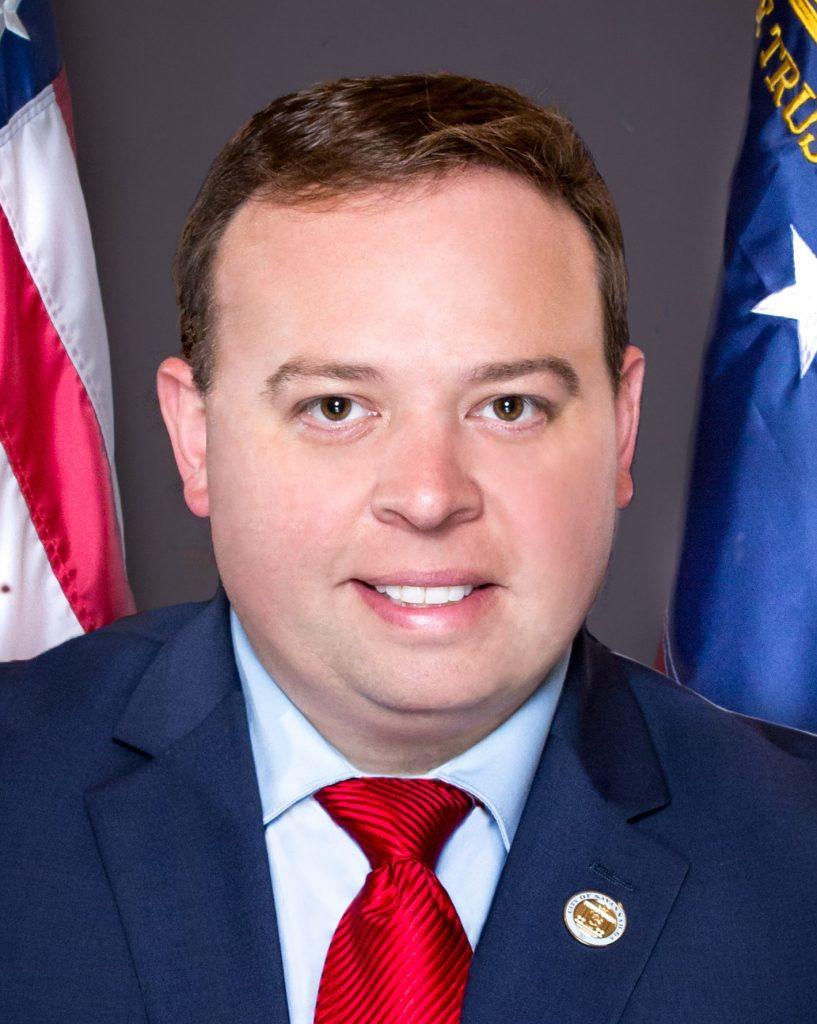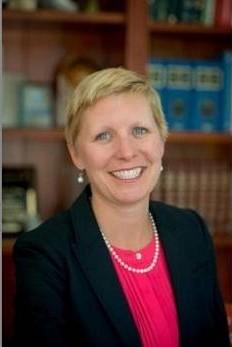
Caption
Some private schools' policies and handbooks reflect discriminatory practices not allowed in public education.
Credit: Pexels.com/stock photo

Some private schools' policies and handbooks reflect discriminatory practices not allowed in public education.
Since 2008, more than a half billion dollars has been diverted from state tax coffers to private schools through a tax credit program designed by lawmakers to promote school choice.
Unlike many other states with similar programs, Georgia does little to regulate the performance or practices of schools that receive tax-credit scholarships. Moreover, the schools are free from many of the restrictions imposed on public schools to prevent them from excluding gay and trans students, The Current has found.
More than 40 Savannah area schools receive funding under Georgia’s Qualified Education Tax Credit. The program allows Georgia parents to earmark some of their state income tax for scholarships at private schools. As much as $100 million a year is distributed through 22 private, nonprofit Student Scholarship Organizations, or SSOs.
Many, if not most, of these schools are religious, and some teach curriculums that would not be allowed in public schools. A few, for instance, teach the Book of Genesis as literal history. One requires students to swear allegiance to the Bible and the Christian flag.
Religious schooling has long been a treasured freedom in the U.S. A 2017 survey by Georgia GOAL, Georgia’s largest student scholarship organization, found that more than half of parents chose private education for its religious aspects.
The Current reviewed the websites of 100 SSO scholarship schools in Georgia, including 46 in Savannah, and found 15 with explicitly anti-gay policies. Many others assert religious stances but do not specifically mention homosexuality.
Kurtis Purtee, Savannah’s first openly gay city councilmember, said he personally disagrees with these practice but that a governmental approach needs to take the law into account.

Kurtis Purtee
“Everyone’s got the right to practice religion, but when you start excluding people from practices, to me, that’s not right,” he said.
This summer, Purtee joined Proud Savannah, the City Council’s LGBTQ+ task force. The task force recently wrote a city ordinance banning LGBT discrimination in employment, but the ordinance allows for religious exemptions.
Purtee said the task force plans to discuss whether schools receiving these tax credit scholarships are discriminating in their hiring practices.
“We want to make sure we honor the schools’ rights… and at the same time honor the rights of those individuals,” Purtee said. “We want to make sure that we get the court’s interpretation before we say, ‘Hey, this isn’t right.'”
Recently, GOAL submitted a court document supporting religious school choice in a U.S. Supreme Court case. In June, the Court ruled that Montana could not prohibit religious schools from receiving a tax credit scholarship similar to the one in Georgia.

Goal President Lisa Kelly
GOAL President Lisa Kelly said the scholarships in Georgia’s tax credit program provides families with more access to educational opportunities in a statement to The Current.
“Lawmakers wisely passed a K-12 tuition tax credit law that empowered SSOs to operate without undue government regulation or interference with the educational mission of the participating private schools,” she said.
As of this year, 38 states had state constitutions barring aid to religious schools, according to the Supreme Court ruling.
Newly appointed Supreme Court Justice Amy Coney Barrett served on the board of a school that banned LGBT teachers and students of LGBT parents, the Associated Press has reported.
In Savannah, scholarship school Veritas Academy bans homosexual behavior as well as romantic interactions between boys and girls.
“We believe that any form of sexual immorality (including adultery, fornication, homosexual; behavior, bisexual conduct, bestiality, incest, and use of pornography) is contrary to the Bible’s teaching, is sinful, and offensive to God,” the handbook states.
Veritas Headmaster Scott Taylor declined to say how much the school receives in tax credit scholarships. He said the school is careful not to discriminate on race when issuing scholarships but that it is allowed to discriminate by sexual orientation.
“We are a Christian school and we have those sorts of standards,” Taylor said. “They are completely within our constitutional rights and completely within the parameters of the SSO legislation, which is given to private schools and religious schools.”
Savannah Adventist Christian School advises that “undermining the religious ideals of the school” incurs immediate disciplinary action. Blessed Sacrament says it may expel students for social media use that is “not in keeping with our religious school environment.”
Staff at Savannah Adventist and Blessed Sacrament did not return requests for comment as to these policies or how much they receive in tax credit scholarships.

Julie Wade, member of the Savannah-Chatham County School Board
Julie Wade said she has fought against programs like this during her 10-year career on the Savannah-Chatham School Board. She said it siphons resources and talent away from public schools.
“It’s a tax credit for wealthy families in the private schools,” she said. “Public dollars going to religious schools is a problem.”
The state does not track the students or schools receiving scholarships, so it is impossible to know how many have anti-LGBT policies in total.
A 2013 report by the Southern Education Foundation found that at least 115 schools participating in the SSO program around the state had explicit anti-LGBT policies or belonged to associations that promote anti-gay policies and practices. In 2017, the foundation sued unsuccessfully to declare the tax credit unconstitutional for its support of religious institutions.
Stephen Owens, who researches education policy at the progressive-leaning Georgia Budget & Policy Institute, said he is concerned by the SSO program partly because it deprives students of the protections they would have in a public school.
“A child should not be subject to having their spirituality graded,” he said.
Georgia lawmakers proposed the tax credit in 2008 as a way to give students more choice in schools and save the state money. Some opponents of the program say it was created with the intent to boost religious schools, rather than incentivize public schools.
Earl Ehrhart (R-Powder Springs), now CEO of a public relations firm in Atlanta, helped push the tax credit into law. Ehrhart’s 30-year political career included several efforts to oppose what he called the homosexual lobby.
The same year he sponsored the tax credit bill, Ehrhart signed on to run Faith First Georgia, an SSO promoting Christian schools. Of the SSO’s 30 partner schools, 12 promote anti-LGBT teachings that would be prohibited in public schools. Ehrhart did not respond to requests for comment.
Faith First is listed as a current SSO despite having been dissolved last year. A two-month investigation by The Current found that some SSOs are registered without being vetted or verified.
One of them is Christian International Counseling and Ministries, an SSO based in Suwanee. It is headed by Arkadiy Dubovoy, a securities trader currently facing 20 years in prison on fraud charges.
These days, Serge Kulinich runs the SSO. He is also the director of operations for Friendship Christian School, the SSO’s partner in Suwanee, and sends his kids there. He said the school’s restrictive policies are exactly what he wanted as an alternative to a more sex-influenced public school.
“Every parent agrees there should be no dating, no kissing,” Kulinich said. “If we did catch someone kissing at school, we would suspend them.”
Kyle Wingfield, president of the conservative Georgia Public Policy Foundation, said the tax credit itself neither encourages nor discourages these kinds of policies. In a column for The Atlanta Journal Constitution, he noted that the program creates more choice for gay students as well.
Dan Schwartz and B. Christopher Tytler contributed reporting to this story.
This story comes to GPB through a reporting partnership with The Current, a nonprofit newsroom covering Coastal Georgia.